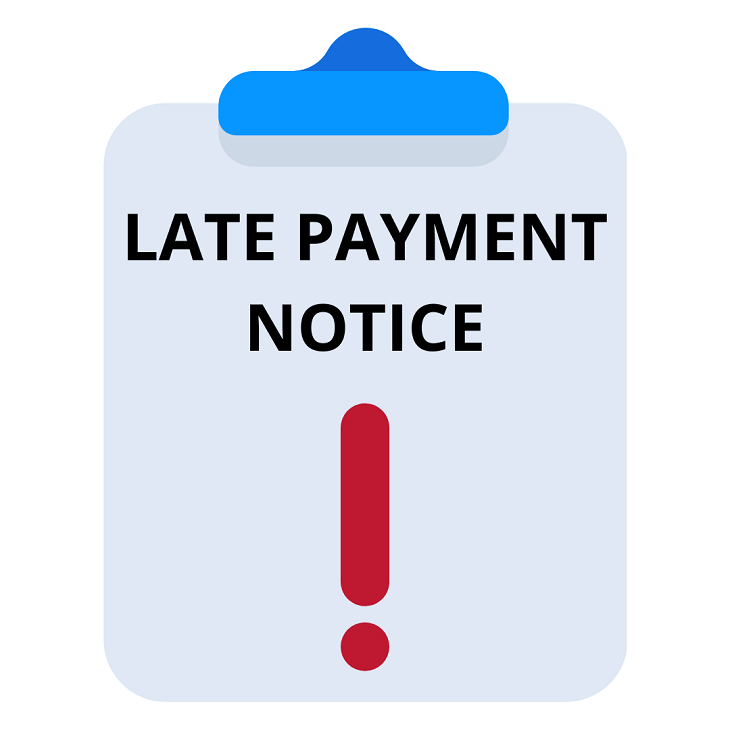
How to Deal with Rent Payment Issues During COVID19
The coronavirus pandemic continuous to affect everyone’s lives. Where will it end? We still don’t know. Based on the Bureau of Labor Statistics‘ latest data, the unemployment rate as of April 2020 rose to 14.7% from 10.3% last month. This is the highest rate and the largest over-the-month increase in the history of the series. The number of unemployed persons increased from 15.9 million to 23.1 million. The sudden increase in the data reflects the effects of COVID19. The pandemic causes mass unemployment and brings worries to millions of people on how they will continue paying their housing and basic needs. The government has created programs in response to the effects of unemployment in the housing industry. As a landlord, you may be asking, how to deal with rent payment issues during COVID19?

Government’s Program in Response to Unemployment
Last March, Congress created the Coronavirus Aid, Relief, and Economic Security Act (CARES). It is a $3 Trillion program that consists of relief measures for businesses, state and local government, and individuals. The program includes a 60-day moratorium on foreclosures on homes with federally backed mortgage loans. To specify, these are the homes insured by the Federal Housing Administration, Freddie Mac, Fannie Mae, or another federal agency.
In addition, this program allows multifamily property owners to request forbearance up to 90 days if they have federally backed mortgages. This means they can delay their mortgage payments for up to 90 days without accrual of fees or interest. However, the landlords who received forbearance under the CARES Act can’t evict any of his renters during the period of forbearance.
What if you don’t have a federally backed mortgage? The law varies from state to state but there are local laws created as protection from eviction related to coronavirus and income losses. We highly recommend checking and contacting your local representatives for further assistance.
How to Deal with Rent Payment Issues During COVID19?
Due to income losses, many renters may struggle in paying their rent. This leaves an important question to the landlords: how to deal with rent payment issues during a pandemic? What are the steps you can take?
Prepare and Have a Plan
During these tough times, you already might be aware that incidents like late payments or even rent deferral can happen. As a landlord, these rent payment issues can be concerning. But you need to prepare and have a plan on how you will handle the problem. You need to think of ways and approaches to resolving the issue. Read further for the possible steps you can take.
Help Tenant in Paying Rent Through Available Aid
As a landlord, your goal as much as possible is to make the tenant pay the rent. It wouldn’t hurt if you help the tenant use the available relief aids and programs designed by the government. Who wouldn’t know if that might resolve the issue? You can guide your tenant to the city, state, or federal level aid available. You can refer them to the Department of Housing and Urban Development’s website to check for the government’s rental assistance resources, including any local financial assistance programs.
Check Local and State Laws

Before making any actions, you need to make sure the next steps you can do are legal and protected by law. For example, the CARES Act which states you can’t just evict a tenant when you requested for a forbearance. This is why we recommended above to check your local and state laws about further laws they might’ve created regarding rent payment issues.
Revisit the Leasing Agreement
While the CARES Act provides temporary protection from eviction, tenants are still legally obligated to pay their rent. Therefore, you need to revisit their leasing agreements so you can apply the necessary provisions bound by the contract. Typically, landlords can charge a late fee as a penalty given that it’s agreed upon the contract. Under the law, a late payment is a violation of the lease. Thus, making it a breach of contract.
Talk with Your Tenant
Probably the best thing you can do in handling situations like this is communicating with your tenant. In this way, you will have a clear idea of his status, other possible options, or payment plan. Maybe the tenant can pay the rent into two payments, or a relative can help her. Discussing the situation will be a big help so you can make plans too. It will help you think of terms that might work for both of you. Be honest and open as you can. Empathizing and connecting with your tenants can strengthen your relationship with them. It will make them feel your concern and willingness to help.
Document Everything
Once you were able to come up with a payment agreement or whatever options both parties have agreed upon, document it in writing. This proves that you gave all the possible efforts in resolving the issue. You need to indicate the total amount of money owed, the deadline to pay, and the sanction if she won’t be able to meet the final deadline.

Conclusion
This is a difficult and long battle for us. Some may have been hit harder. The important thing for renters is that communicate with their landlords about the issue. Let them be aware of THE situation so renters and landlords can come up with a solution. Or at least meet halfway. I know there are still people out there that acknowledge little acts of compassion and kindness in making this time a little easier.
DISCLAIMER:
Neither Alpesh Parmar nor Wealth Matters associated claim to be an expert in tax, legal, or insurance strategies. Please consult an expert or advisor.